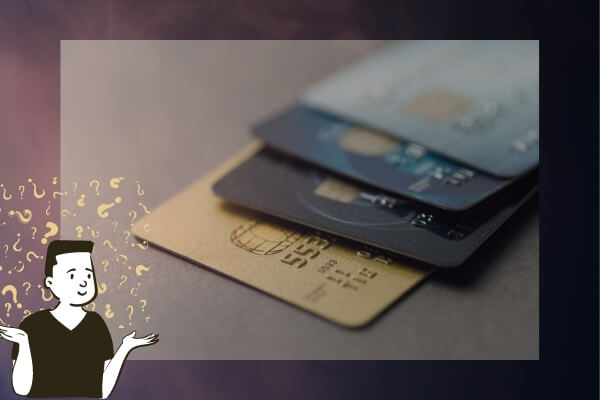What is Mortgage Refinance?
If you’re struggling to reduce your credit card debt, you’re not alone. There are so many Kiwis out there with high credit limits that are maxed out every month. Global comparison site Finder’s January 2023 research found that of those Kiwis with credit cards, 7% would need between 6-12 months to pay off their credit card debt. 9% would need up to two years and 6% think they’ll never be able to pay off the debt.
It’s no surprise that credit card debt is an issue for many
We’re all constantly being encouraged to buy the next thing via targeted online advertising. Not only that, with online shopping and websites that can remember your credit card info, you don’t even need to get your card out of your wallet to spend up big. You can wrack up debt just by clicking the buy now button, without really being aware of what you’re doing.
Of course, not everyone is using their credit cards for impulse buys. Angus Kidman, of Finder, said, “The ease of access to credit cards in New Zealand combined with the rising cost of living has made them a tempting option. Now many are struggling to pay off their credit card balances each month.” But while using credit may make things easier in the short term, long term it can create a bigger problem to solve. If it’s a matter of getting by, then consider all other options first. Analyse your spending to date, that will show you where you can cut back.
7 things you can do to stop impulsive spending and reduce your credit card debt
- Take the time to understand the circumstances that you’re most likely to be reckless with your credit. Is it late night scrolling on your phone? Or out at the pub with friends? Once you know when and why you overspend you can put a plan in place to help you reduce or stop the behaviour.
- Delete all your saved credit card info on your favourite websites and remove the autofill credit card info from your internet browsers. You may be surprised how much less you buy online when faced with having to get up and get your card to be able to spend.
- Reduce your spending limit as you pay down your credit card so you can’t rack up the debt again.
- Use the alerts options available from your credit provider. There are alerts that remind you when the payment due date is approaching so you don’t end up paying late fees, and alerts for when you’re approaching your credit limit.
- Cut up your card. This choice is for you if you find that just having the option of using credit means you can’t help yourself. Delete your credit card info, cut up the card and budget to live within your income each pay cycle, as well as paying off your credit card balance.
- Stop using any “buy now pay later” options. They’re just credit cards by a different name, albeit with better interest costs. They’re still enabling you to buy something that you don’t have the money for.
- Consider whether a balance transfer credit card could be the right move for you (See more on this below). We can help you with this process if you need.
Balance transfers
Balance transfers are when you move your debt to a new credit card that offers 0% or a low interest rate for debt that is transferred to it. There’s quite a variety in what is offered by different providers; from the amount of interest charged, to the length of time the reduced rate is applied. Some charge annual fees, and there can be a substantial difference in the interest charged on new purchases. If you still want to make some purchases on the new credit card, then make sure you have chosen one with a competitive rate for new purchases. If you’re wanting to stop using credit cards entirely then set the new card limit as low as possible, cut the card up right away and get an automatic payment plan in place to pay off the balance. Most importantly – cancel the original credit card!
As always, we’re here if you need advice on how to manage your debt. Getting your debt correctly structured is often key to achieving control over your debt. We’re not here to judge why you got into debt, we’re here to help you get it sorted. Reach out and let us help. Call 029 973 7911 or email elise@bob.kiwi.nz to arrange a free half hour consultation.

